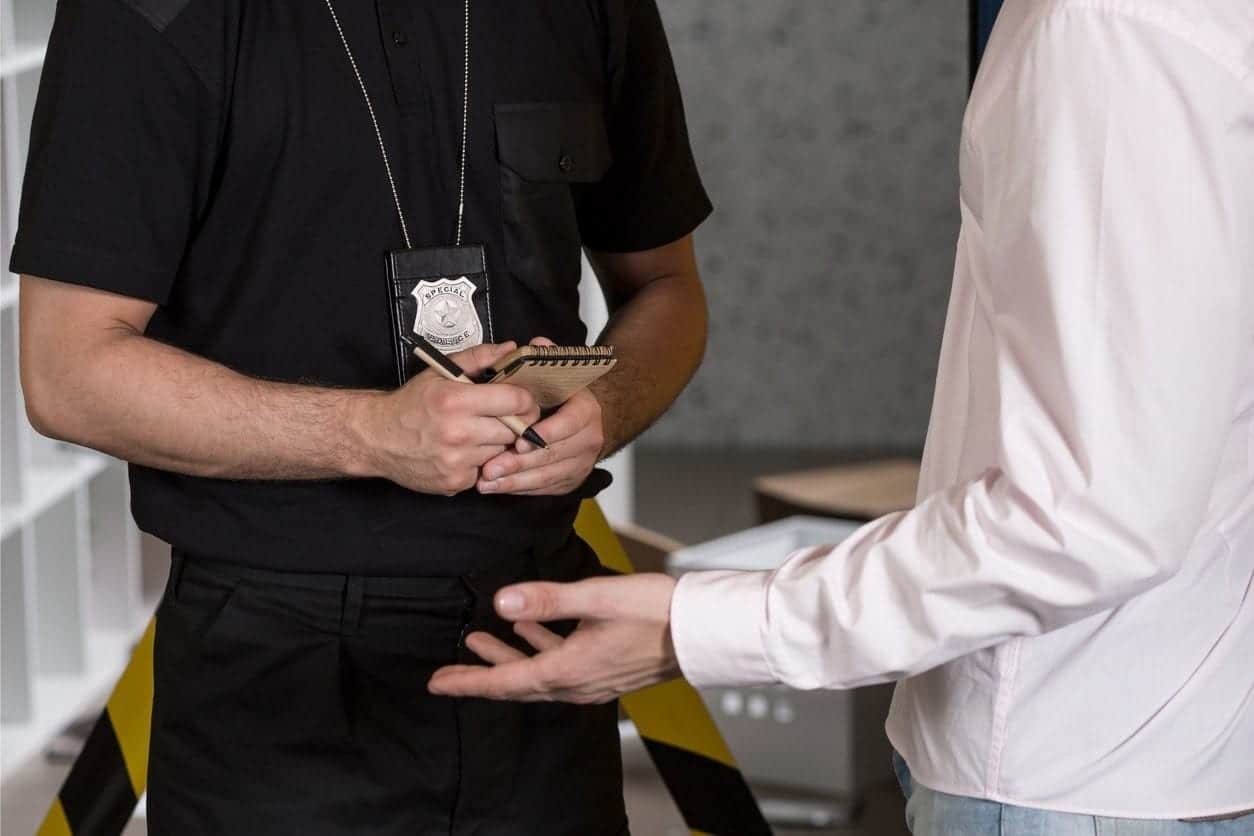Domestic Violence Education for Illinois Hairdressers?
If you regularly visit a barber or hairdresser, you know how special the relationship to a stylist can be. You probably spend time chatting about your job, family, relationships, and so on.
For many people, their hairdresser is also their friend, confidante, and sometimes even doctor or therapist. Because of this, many stylists learn information about abuse or violence within a client’s home.
Now, Illinois law is recognizing this relationship between stylist and client and the potential for a stylist to stop domestic violence and help get victims out of dangerous situations.
Amendments Require Education on Domestic Violence
Here’s how the new law works. Earlier this month, Governor Bruce Rauner signed an amendment to the Barber, Cosmetology, Esthetics, Hair Braiding, and Nail Technology Act of 1985.
The amendment requires all licensed beauty professionals to take an hour-long course detailing the signs of domestic violence, ways to address these signs while talking to clients, and additional steps that they can take to report the alleged violence to police. The course will be required for anyone trying to obtain a beauty license, as well as professionals who are applying for license renewal (under law, all beauty professionals must renew their license every two years).
It is a change that has been mostly well-received among hairdressers and other beauty professionals in the Chicago area. Hundreds of thousands of people are affected by domestic violence every year in Illinois. Any measure toward stopping the violence has the potential to save lives.

However, there are some apprehensions about placing this responsibility on the shoulders of hairdressers. Addressing domestic violence with clients is a huge pressure on stylists, as it is on any professional who is required by law to look out for or report domestic violence. Accusations, charges, or convictions related to domestic violence have the potential to break up a family or change the course of an offender’s life.
Reporting Is Not a Requirement for Illinois Beauty Professionals
The amendment gives beauty professionals the tools to recognize domestic violence and offer resources to clients who may be victims. What it doesn’t do is require them to report signs of domestic violence to law enforcement.
This is a heavy burden, and one that many professionals throughout the state and country must deal with. Nationally, laws are in place requiring the following professionals to report signs of domestic violence to law enforcement:
- Healthcare providers, including physicians and nurses
- Social workers
- Teachers, principals, other members of school administration
- Mental health professionals (therapists, psychiatrists, etc.)
- Child care providers, daycare staff
- Law enforcement officers
- Clergy members
- Animal control/humane officers
The above professionals are specifically mentioned in Illinois’s state laws as well. Additionally, if the alleged abuse involves a child, anyone who sees signs of child abuse or neglect is required by law to report the incident to police.
The following signs are often communicated to professionals as signs of domestic violence:
- High anxiety or fears related to a partner or family member
- Constantly checking in with a partner or family member
- Harassing phone calls from an alleged abuser
- Frequent talk of a partner or family member’s jealousy, anger, possessive behaviors
- Frequent injuries
- Frequent absence from work or school without a proper excuse
- Long-sleeved clothing or sunglasses that may be worn to cover bruises or injuries
The fact that beauty professionals will not be required to report signs of domestic violence to police is probably a good thing. Such a requirement would not only add a ton of pressure, but could lead to clients withholding information from hairdressers and others that might get them out of an abusive situation.
However, with additional education on the issue, more beauty professionals may feel inclined to tell law enforcement. This is not necessarily a positive development.
Just Enough Knowledge to Get It Wrong

What if a beauty professional suspects domestic violence and is wrong? The educational courses they take do not train them on how to conduct a thorough investigation when they think they see domestic violence. Essentially, it’s little different then reading medical symptoms online and deciding you have a particular ailment.
Accusations of domestic violence, however, have serious and lasting repercussions.
If you are accused of domestic violence, you must fight back with a serious defense to avoid jail time, heavy fines, and the subsequent consequences of being a domestic violence offender.
Federal laws have been put in place mandating that healthcare professionals must tell alleged victims that they are going to report the signs of domestic violence, but this is not the case with beauty professionals. As soon as you are told you are going to be charged with domestic violence, get in contact with a lawyer who has extensive experience in fighting domestic violence charges in Illinois.
About the Author:
Andrew M. Weisberg is a former felony prosecutor who now serves as a defense attorney in the greater Chicago area. He has extensive experience in handling all types of criminal cases, from sex offenses and domestic violence to retail theft-related crimes, Murder, and drug crimes.







 Blog Home
Blog Home 










